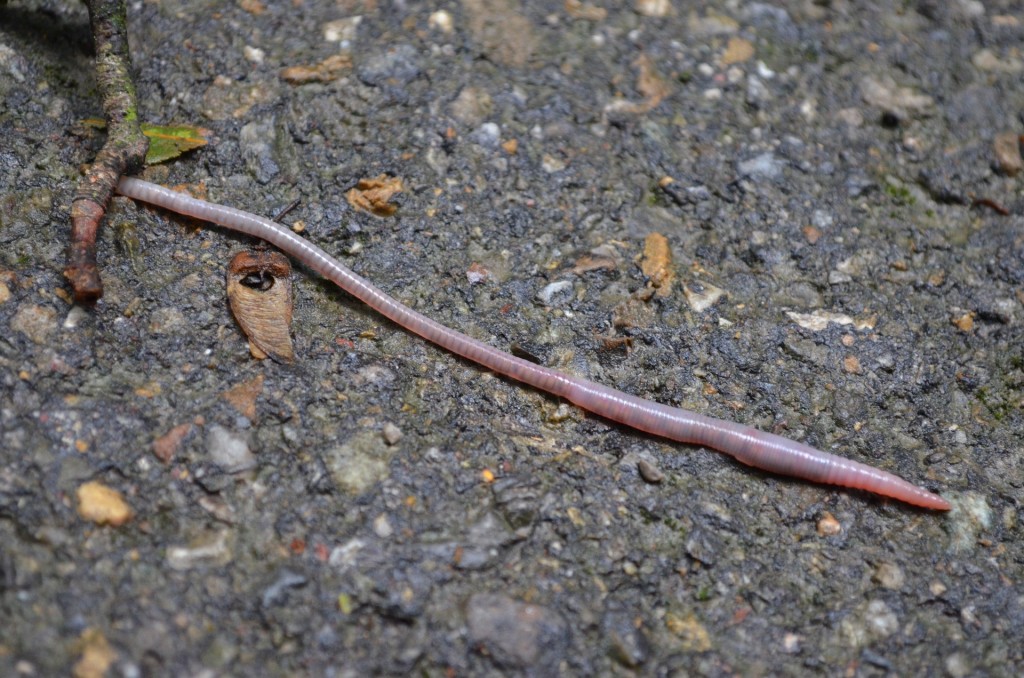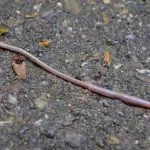The Benefits of Worms in Your Garden

Worms play an important part in soil construction and the recycling of organic waste. they are part of a network of organisms that turn refuse into nutrient rich soil. These nutrients are one of the benefits of garden worms to plant growth. Worms in the garden also perform cultivation functions that increase soil porosity and allow oxygen into the roots. Encourage worms in soil or even try worm composting to experience the life -giving effects of worm castings.
Worms in Gardens and Lawns
The fertiliser the worms provide is also known as castings. Technically, this is worm excrement, derived from their processing of organic waste. The castings are excellent sources of nutrients for plants, but may pose a nuisance in gardens.This is a form of worm composting. Earthworms in grass leave casting hills, or mounds, hat are visually unappealing and may pose a trip hazard. The benefits of garden worms far outweigh this minor inconvenience, however. Consider that if there are 5000 worms in an acre of soil, they can produce 50 tons of beneficial castings.
Encouraging Earthworms in Soil
Avoid deep tilling to prevent permanent damage to earthworm burrows. ‘Feed’ your worms by providing layers of organic mulches for them to eat. this might be grass clippings, leaf litter or other natural compostable items.Do not use pesticides, which can kill entire populations of worms in gardens. You can also transplant a couple of shovels full of soil laden with worms to areas with few organisms. They will soon populate the area. Worm eggs are also available at some nurseries and online. Vermicomposting will also encourage these beneficial creature to the garden.

